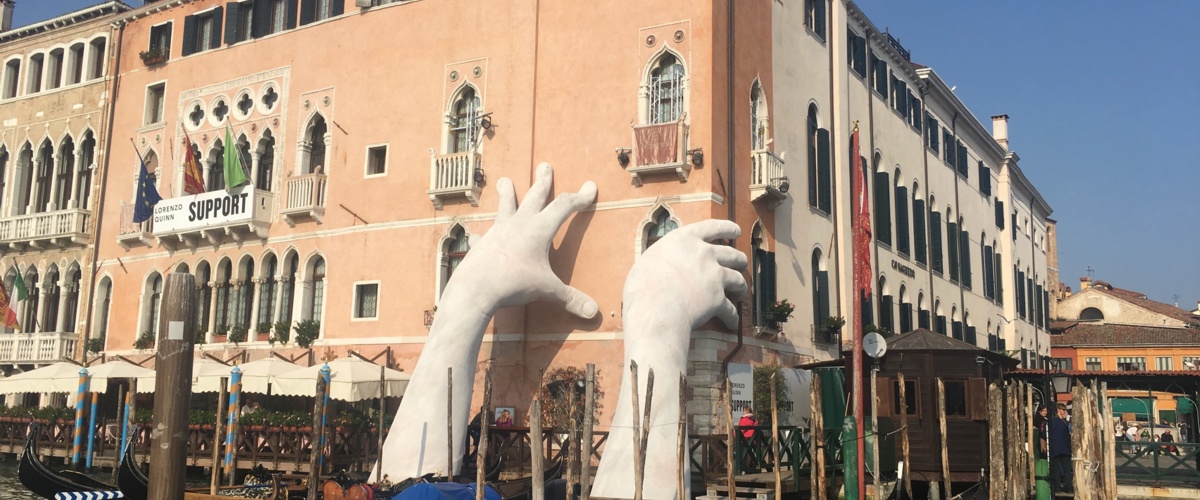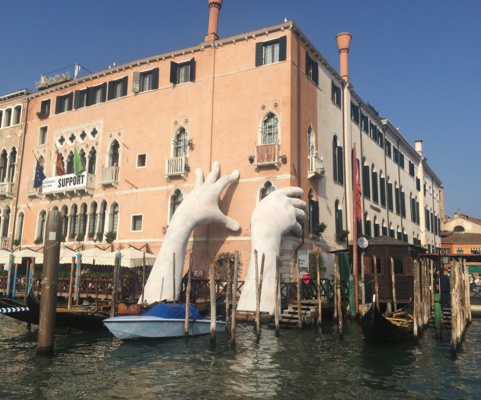Art History


Click here to view the Art History subject information.
At Norwich School, Edexcel Art History is taught as an option in the Sixth Form.
A level Art History develops pupils’ understanding of the relationship between society and art, art historical terms, concepts and issues, the influence of cultural, social and political factors as well as developments in materials, techniques and processes of both art and architecture over time. The course embraces both a local perspectives and global scope; including artworks, buildings and artefacts from across time and the world.
Pupils will learn the skills and the technical vocabulary needed to analyse material and develop evaluative and critical skills from studying key works of art and architecture within their historical contexts.
Pupils will sit two examinations at the end of the Upper Sixth, each worth 50% of the A level:
Paper 1: Visual Analysis and Themes - Three hours
Pupils are required to answer on an unseen work of each medium: painting, sculpture and architecture.
Pupils will study two themes: Nature in Art and Architecture and Identities in Art and Architecture.
Paper 2: Periods - Three hours
Pupils will study two periods: The Renaissance in Italy (1420-1520) and Modernism in Europe (1900-1939).
No prior knowledge of art history is expected. This subject is an excellent option for anyone interested in the arts and culture. Art History complements practical subjects such as Art & Design and humanities subjects including English, History and Classical Civilisations.
The skills acquired through this course give pupils the foundation to study Art, Archaeology, Art History, Anthropology, Classics, English, History, Philosophy, or other subjects that require analytical and interpretative skills at university.
The subject can provide background for careers in sectors in the art world, galleries, auction houses, museums, heritage, conservation, marketing, advertising, publishing, product design and filmmaking.
The department organises educational visits both locally and internationally to enhance pupils’ learning of the exam material. In previous years we have held residential trips to Venice and London and day trips around Cambridge and Norwich. In addition, we encourage pupils of Art History to engage with academic lectures, attend conferences and participate in competitions such as ARTiculation.
Link to relevant external exam boards
